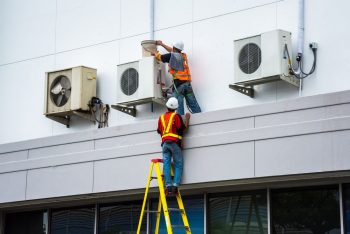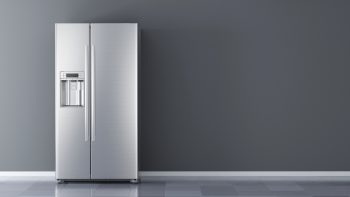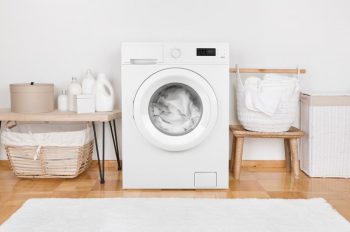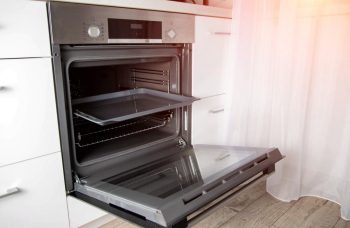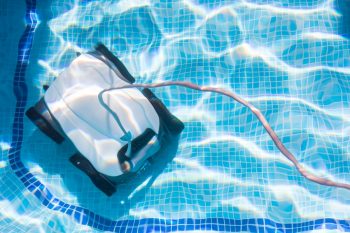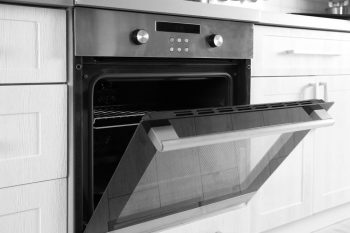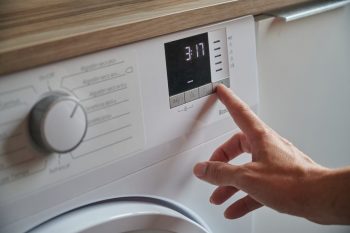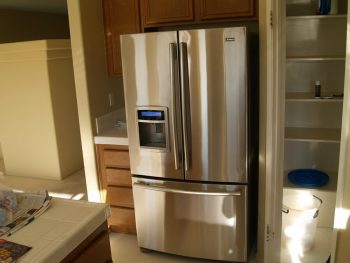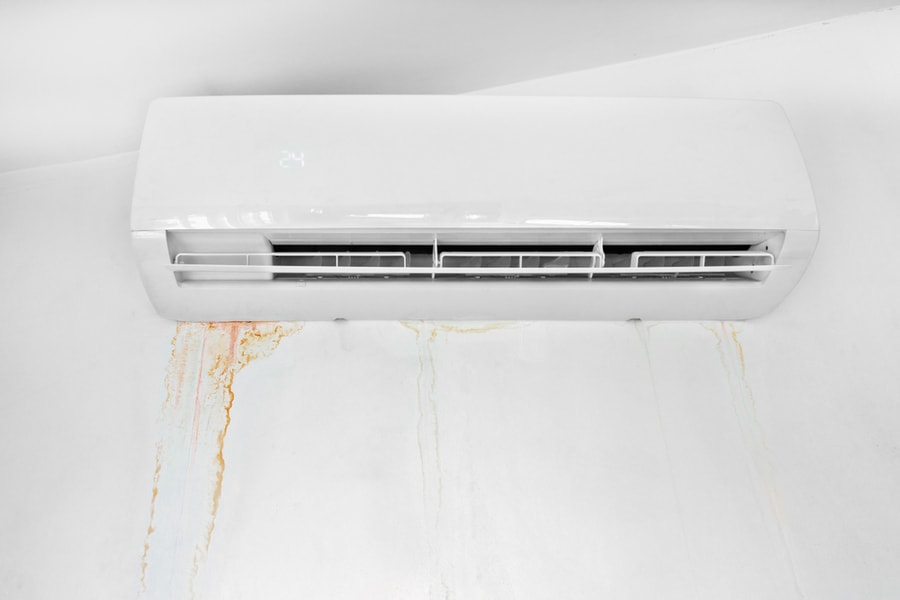
Air conditioning is a must-have during the summer months. But are there any dangers if you have mold in your air conditioner? Many people don’t realize mold and mildew can grow in your air conditioning unit if it isn’t properly maintained.
Air conditioners are not just used to make your home feel more comfortable. It is also used as a cooling system in your car. One of the possible negative effects of mold growth inside an air conditioner is damage to its components.
Most importantly, it can pose a health risk for the house occupants, so this should be considered immediately.
Here are reasons why mold is dangerous in your AC:
- Mold can spread further in your home.
- Mold spores can cause respiratory problems.
- They can cause severe damage to the air conditioning system.
- Can cause skin and eye irritation.
- Mold and bacteria can hurt people with asthma or allergies.
If you see signs of mold in your air conditioner, it’s time to remove them. Mold can cause damage to the air conditioning system.
We’ve all heard of the dangers of mold, but have you considered the possible threat to your air conditioner? Keep reading and find out why mold in your air conditioner is dangerous and the tips for preventing mold in your AC.
Is Mold in Your Air Conditioner Dangerous?
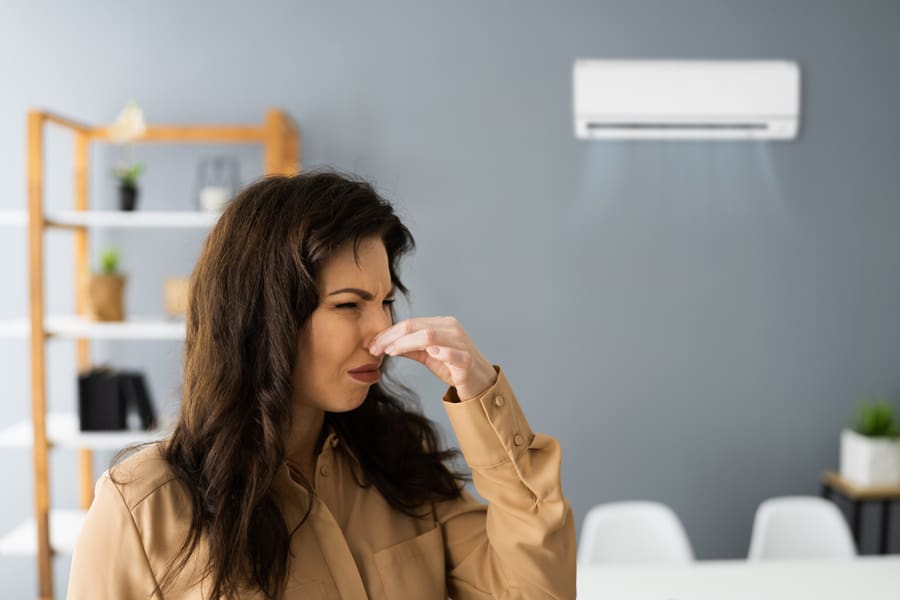
Yes, mold in your air conditioner is dangerous. The presence of mold in your air conditioner could harm your health because it produces allergens and irritants that cause allergic reactions in humans.
These can range from mild allergies to asthma attacks and even death in severe cases. If you have children or pets who are susceptible to these reactions, then it’s best not to take any chances with moldy AC units.
Their health could be at risk if they breathe in too many spores or other toxins the fungus releases. Mold is a fungus that grows on organic material. It can grow anywhere there is moisture and a food source.
If your air conditioner has mold growing on it, there is moisture inside the unit and on its components. The moisture causes the mold spores to germinate and start growing.
The best way to prevent mold from growing in your air conditioner is to keep it clean and dry. If you have an indoor air quality problem with mold, clean it frequently.
Why Mold in Your Air Conditioner Is Dangerous
Mold in your air conditioner is dangerous, but you might not know why. Before you hire a professional or clean it yourself, here are some facts about the dangers of mold in your air conditioner.
Mold Can Cause Respiratory Infections and Asthma

Mold can cause various health problems, including respiratory infections and asthma.
Most spores are microscopic and float through the air. When they settle on a damp surface, they begin to grow and reproduce. Mold grows best in warm, humid environments.
Mold spores are tiny, microscopic particles floating through the air or spreading on surfaces. Breathing them in can cause allergic reactions or other health problems like sinusitis or pneumonia.
People with allergies may notice increased symptoms after exposure to molds in the home. These symptoms are especially common if you have allergies or asthma already.
It Can Produce
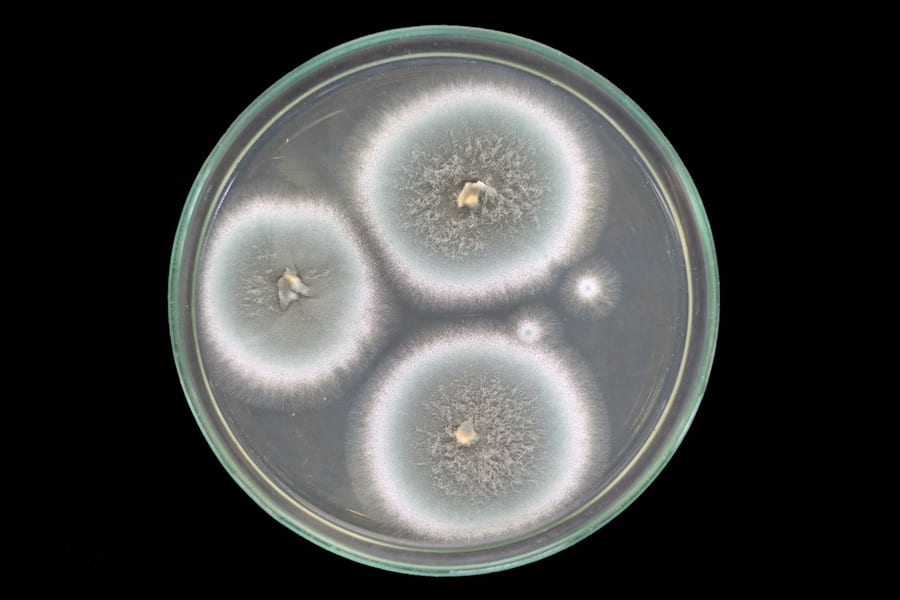
Mold can produce mycotoxins, which are poisonous substances produced by fungi. Mycotoxins can cause nausea, vomiting, and skin irritation. Some of these toxins are carcinogenic and may cause liver damage or kidney failure.
Young children who crawl on the floor are particularly at risk for breathing in mold spores that have settled in your air ducts or vents.
Mold Can Damage Your Air Conditioner
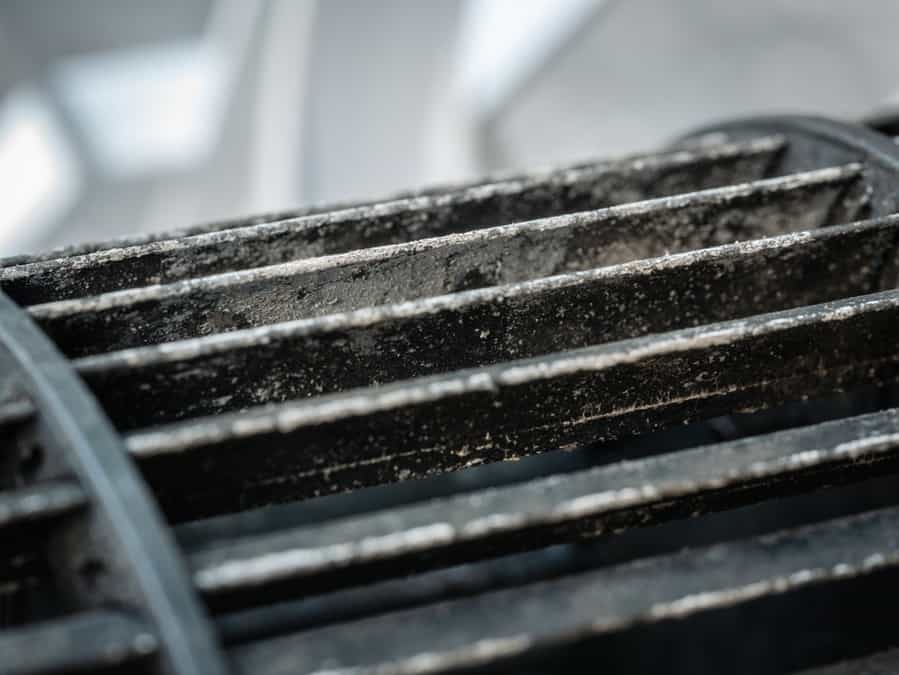
They can easily get into your home through open windows and doors or even cracks in the walls. Once in your home, that can grow on any surface that contains water, including your air conditioning system. This includes the coils, pipes, condense, and other parts of the unit.
The mold growth can clog vents and prevent air from circulating through your home effectively. When this happens, you will notice that your home feels stuffy and uncomfortable, even when you turn down your thermostat. You might also see signs of mold around your AC system, like black spots or a musty odor coming from inside it.
The more mold grows inside your AC unit, the harder it will be for it to do its job effectively. The mold spores will take up space that would otherwise be used by clean air flowing through your home’s ductwork.
They Cause Poor Indoor Air Quality

The air you breathe inside your home is as essential as your food. Unfortunately, many people take it for granted and don’t realize how much damage they’re doing to their health by exposing themselves to poor indoor air quality.
Air conditioners are necessary for most homes but can cause problems if they aren’t maintained. As the seasons change, it’s essential to ensure your unit is working properly and not harboring mold growth or other contaminants.
5 Tips for Preventing Mold in Your Air Conditioner
Anyone with a home that has air conditioning knows that the unit tends to get icky. Mold grows in your air conditioning system, so it is essential to take precautions when you’re cleaning it. You can also consider avoiding a mold problem in the first place by following these tips for preventing mold growth in your air conditioner.
1. Keep the Coils Clean
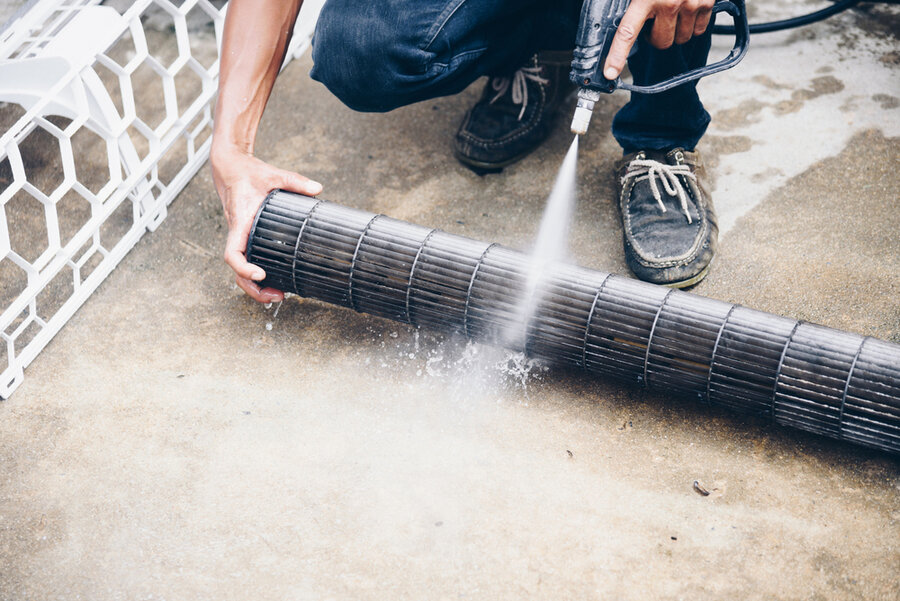
Mold likes moisture and thrives on dirty surfaces, so keeping your coils clean is essential to preventing mold growth. If your coils are dirty or dusty, wipe them down with a mild detergent solution and water. Let them dry completely before turning the unit back on again.
2. Always Change the Air Filter Regularly
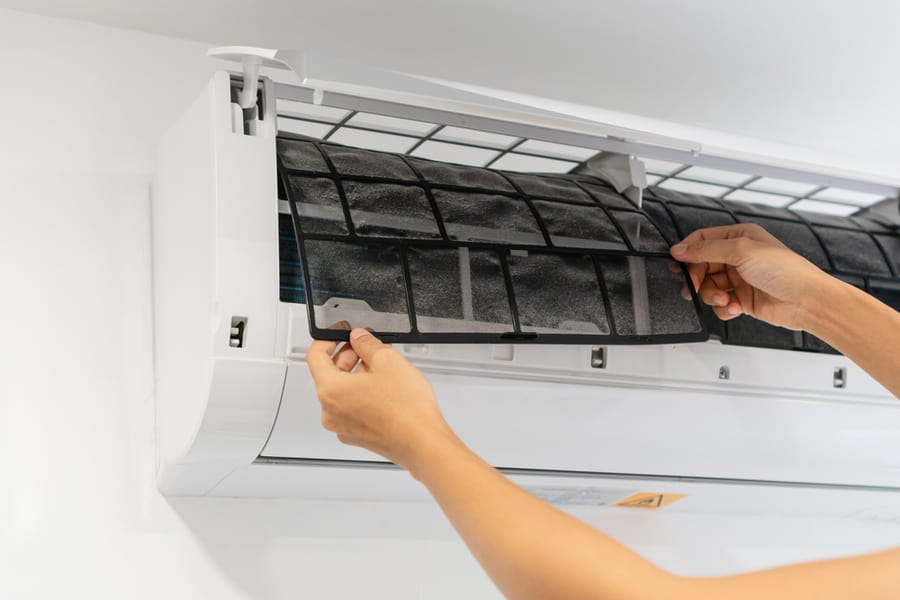
You should change your air filter at least once a month. If you have pets or smoke in your home, then you should change your filter more often than that. You can find replacement filters at most hardware stores and home improvement centers.
If you need assistance finding the right size for your system, contact a professional HVAC technician from a local company.
3. Avoid Mildew Build-Up on Hoses and Ducts
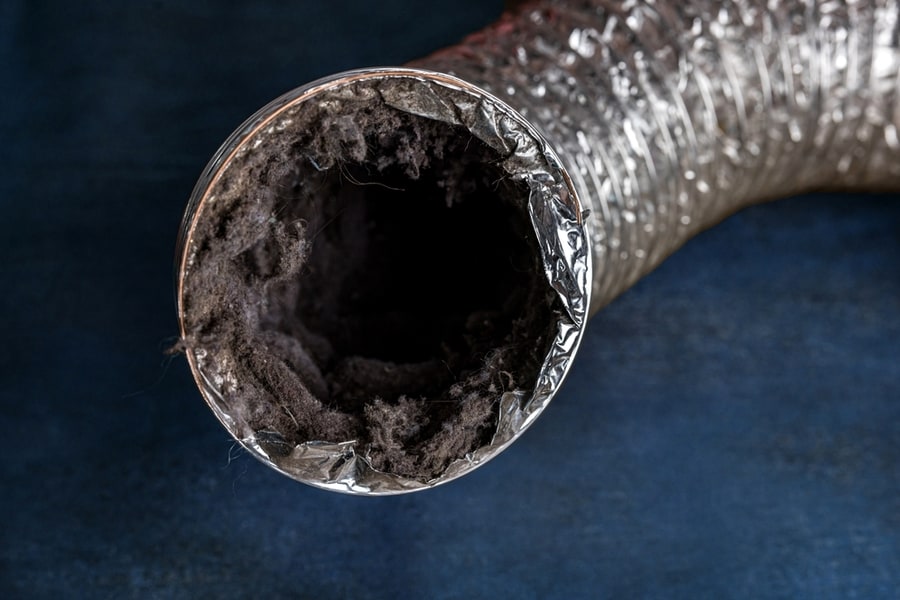
This is one of the easiest ways to prevent mold in your air conditioner, but it’s also one of the most overlooked ones. When using your AC system, keeping out any moisture or humidity that could lead to mold growth is essential.
Make sure that all of the vents and ducts are free from any build-up, as this will allow air to flow through them properly. If there is a problem with one of these areas, get them fixed immediately, so you don’t have any issues later on down the road!
4. Clean the Inside and Outside Unit Regularly
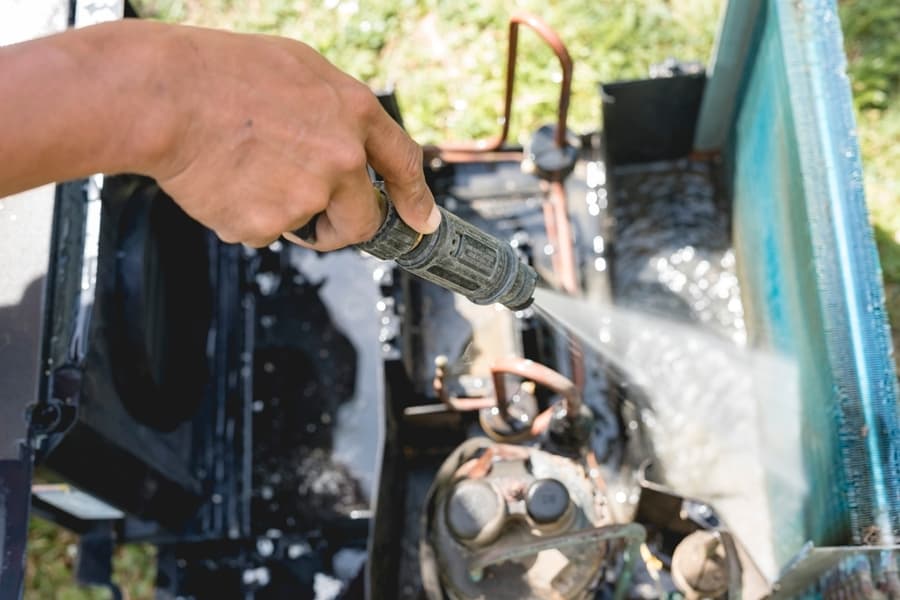
Cleaning the unit once a month should be sufficient, but if you notice mold or mildew on the outside of the unit, then it may be time for more frequent cleaning.
Cleaning the inside of your air conditioner unit is also essential because it can help prevent mold growth. In addition, you should make sure that any excess water drains properly from the unit so that no water remains inside after each use.
This will help keep mold from growing inside your unit over time as well as prevent leaking problems in the future.
5. Do Not Keep Running Your AC When It Rains
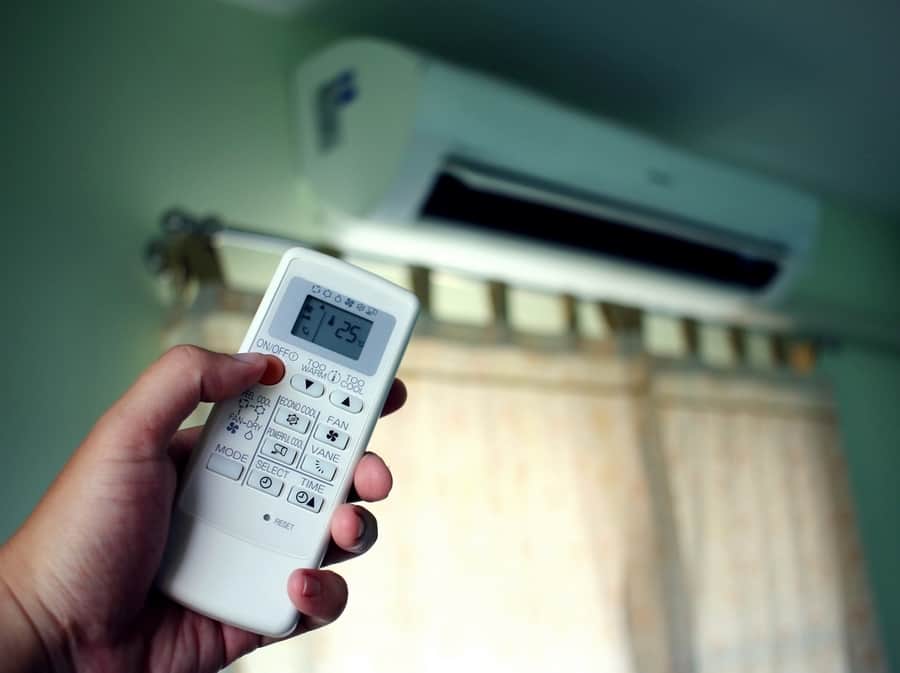
If it rains outside, especially when it rains hard, do not run your air conditioner for several hours after the rain stops. This will help prevent water from getting into the condenser coil and causing mold to grow from the moisture.
Conclusion
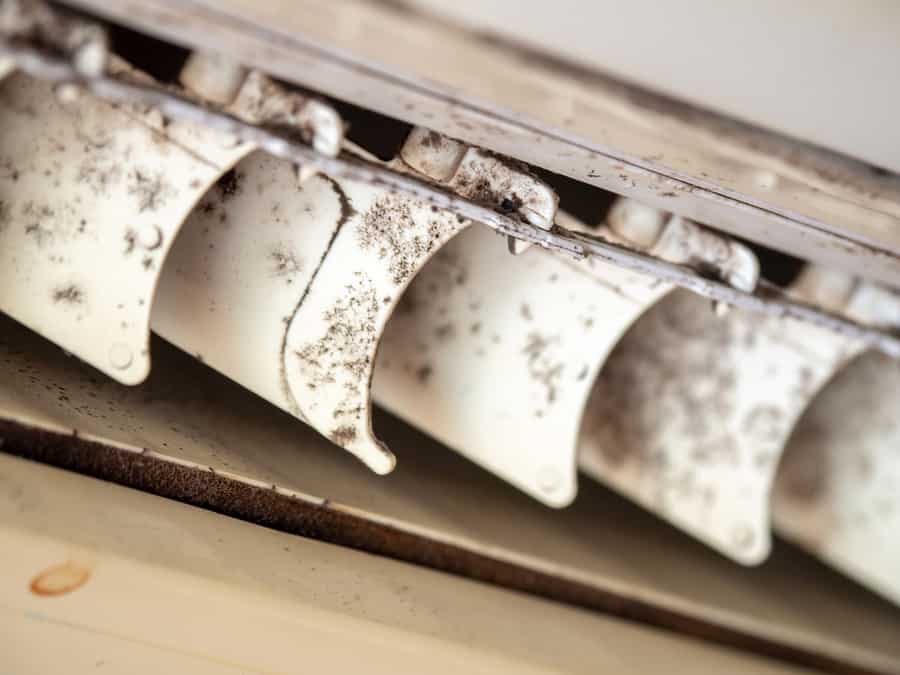
Any mold growing inside your air conditioning unit could very well be a sign of something severe and harmful to your health that you aren’t aware of. If you live in an area where the air is humid, then you are more at risk of encountering mold growth in your air conditioning vents.
To avoid having to replace your air conditioner altogether, it is essential to identify the source of the problem early on so that you can take proper precautions to get it cleaned out properly before mold starts growing.
Always keep your coils clean, clean the outside unit regularly, and change the air filter regularly. This will help save many problems with your health and your AC unit.
Frequently Asked Questions
Can You Get Sick From a Moldy Air Conditioner?
You can get sick from a moldy air conditioner, but it’s not the mold itself that causes the illness. Mold only becomes dangerous when accompanied by water damage, which can cause bacteria to grow.
When bacteria start growing in your HVAC system, they release toxins into the air and trigger allergic reactions. These toxins are what make you sick, not the actual mold itself.
Should You Throw Away a Moldy Air Conditioner?
No! You should not throw away your moldy air conditioner. Instead, you should call a professional to come out and inspect it to determine if there is any damage to the system or if it needs to be cleaned.
If that’s the case, they can repair it for you, you can also take care of it for yourself by cleaning it and making sure that your family isn’t breathing in mold spores.

